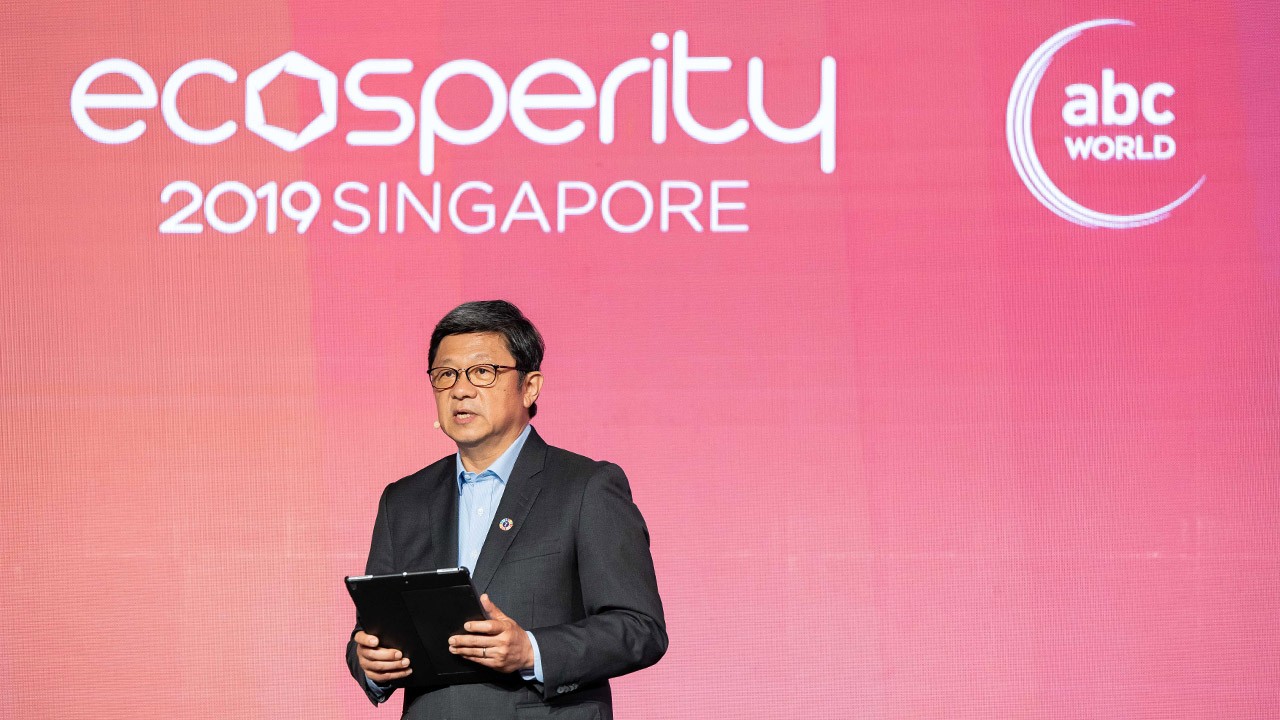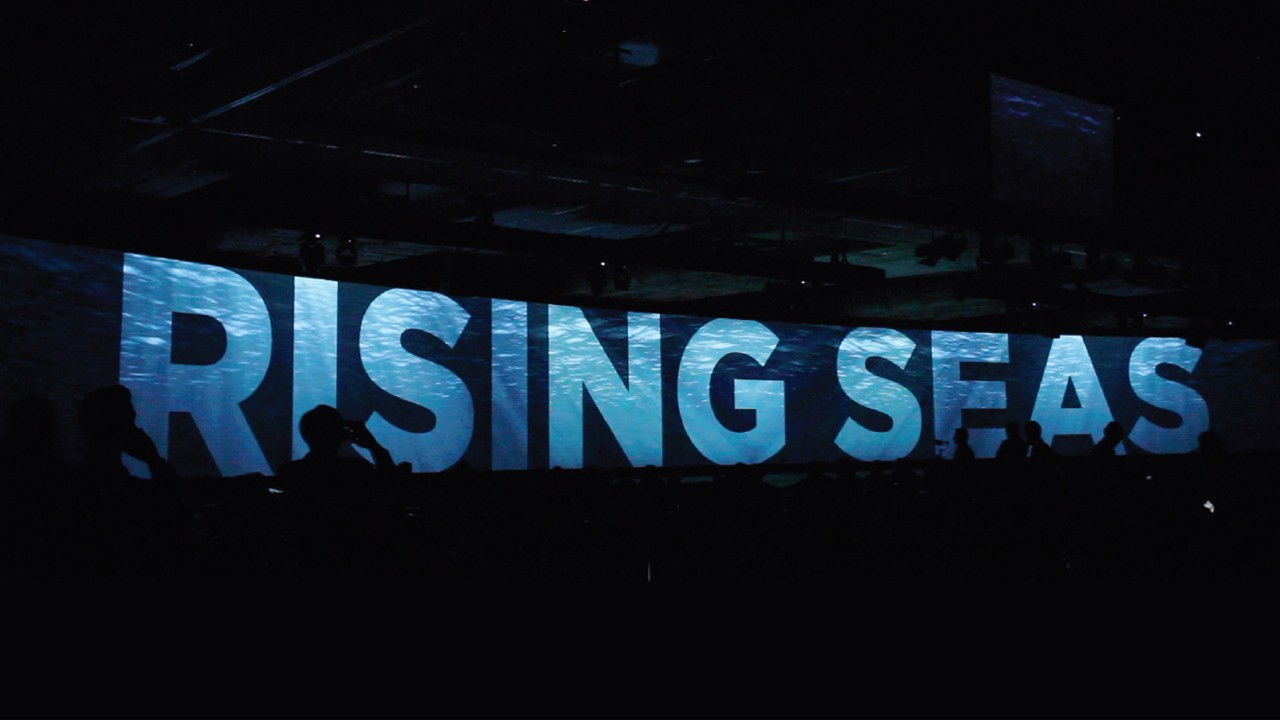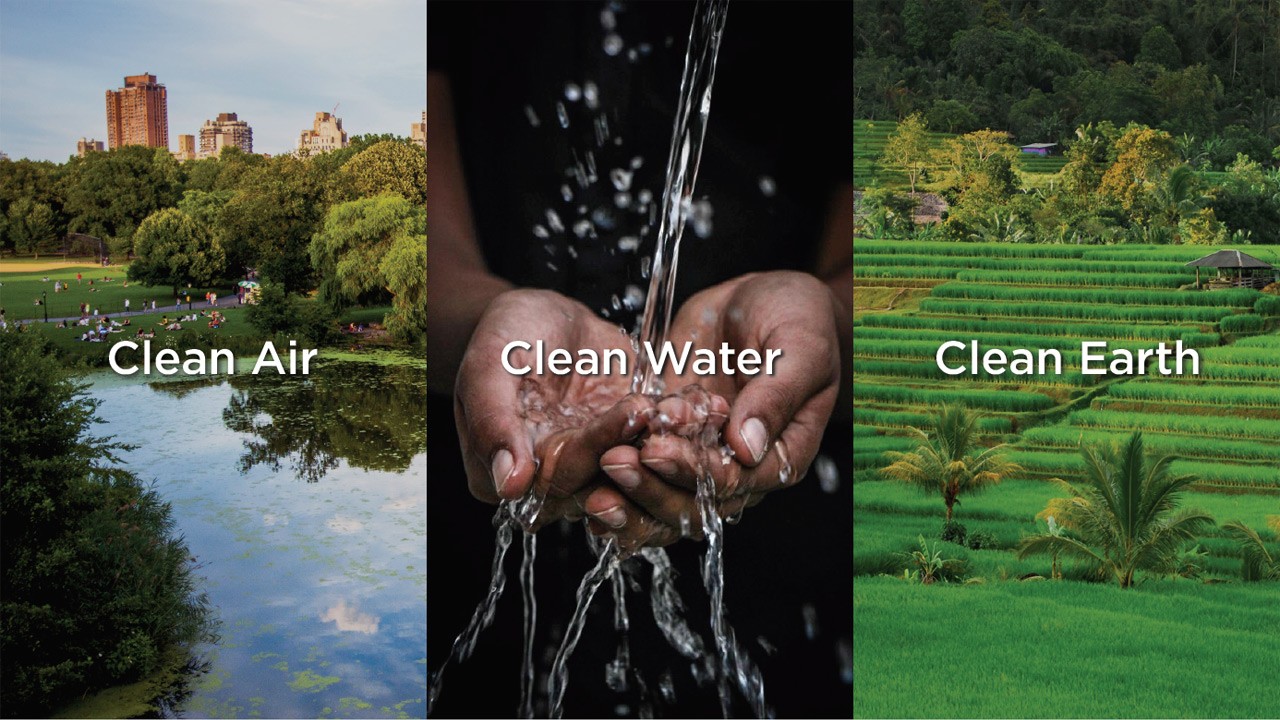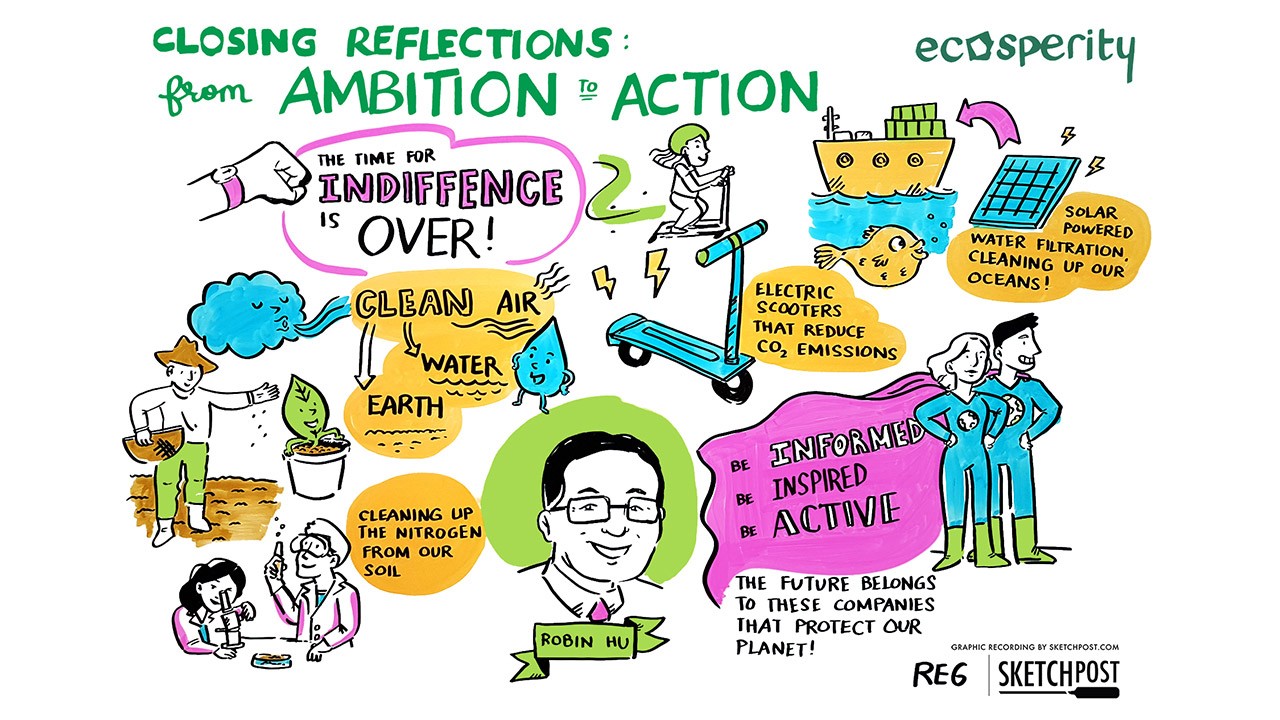So how do we deliver clean air, clean water and clean soil? We have heard from Christiana, Dr Moniz and others that collectively we can get the job done. There is room for optimism. As an investor, Temasek’s job is to engage companies. We see more companies building their corporate purpose around addressing the most pressing global challenges as described by the 17 United Nations Sustainable Development Goals.
As a responsible generational investor who exists to build wealth for future generations of Singaporeans, we believe that companies that put sustainable living at the core of their business strategy have a better chance at good and sustainable performance over the long term. They are not solely focused on profit, but they are also accounting for people and planet. Profit (financial), People (social) and Planet (environmental) are the pillars of the Triple Bottom Line.
Let me give you a few examples on companies that put Sustainable Living at the core of their business strategy.
On Clean Air and to combat urban air pollution, Gogoro from Taiwan has established the world’s first network of smart scooters and swappable batteries. With an innovative technology platform, the company reduces emissions from the scooters and keeps the batteries within its own network – a good example of a circular business model.
On Clean Water, a Finnish start-up called Solar Water Solutions has adapted the well-established reverse osmosis technology for desalination in a way that it fits into an old shipping container and can be powered by solar energy. The technology is now accessible by remote communities say, on small islands that would otherwise have to depend on pricey, polluting diesel-powered desalination installations.
On Clean Earth, another company from the US, called Pivot Bio, works to address the serious environmental impacts of synthetic nitrogen fertiliser, upon which half of the world’s food supply depends. Fertiliser run-off contributes to about 500 ocean dead zones around the globe; decomposes into nitrous oxide which is responsible for about 5 percent of global warming; and prevents the natural ability of soil microbes to produce nitrogen that nourish food crops.
The future belongs to such companies that understand their purpose is bigger than selling products and making money. Companies that understand they hold the key to making this world a better place for our future generations.
We believe all companies and individuals can contribute towards our environment. But if the environment is not your company’s core strategy, worry not, for the 17 UN Sustainable Development Goals cover every conceivable area of need. You will find purpose if you seek to make impact.











